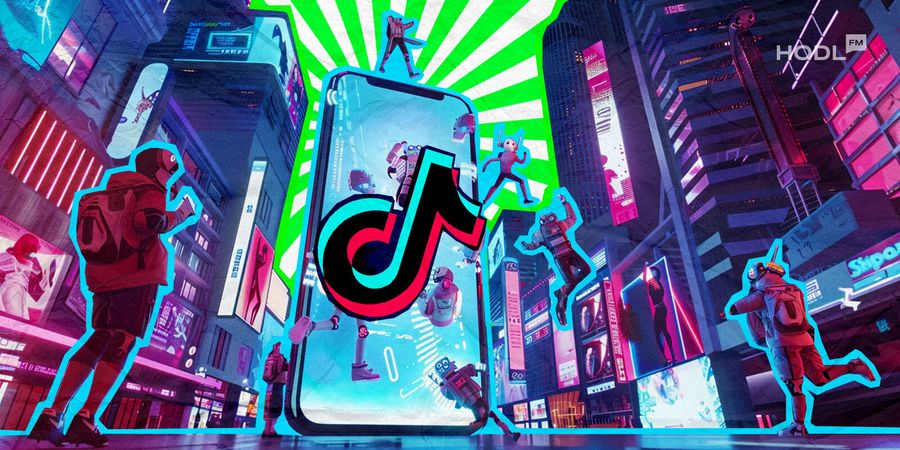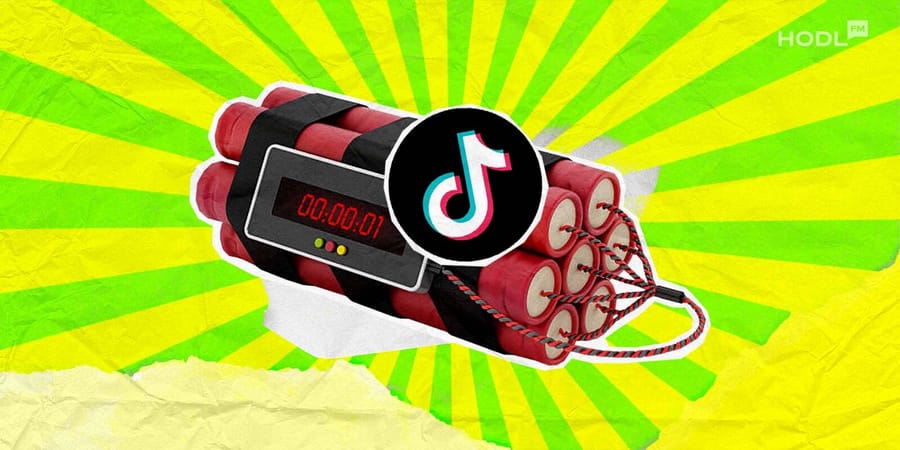A federal appeals court has upheld a law that could ban TikTok in the United States within the coming months unless its Chinese parent company decides to sell its stake in the app.
The legislation doesn’t demand TikTok to shut down operations in the U.S. immediately. Instead, it calls for removing the app from Google and Apple’s stores, meaning users won’t be able to download TikTok or receive any software updates.
Senior Judge Douglas Ginsburg summed it up in a ruling:
The First Amendment exists to protect free speech in the United States. In this case, the government acted solely to safeguard that freedom from a foreign adversary and to limit that adversary's ability to collect data on people in the United States.
For context, TikTok is used by over 170 million Americans — about half the population.
What’s TikTok Accused of in the U.S.?
Outgoing President Joe Biden signed a bill into law back in April, part of a bipartisan agreement between Democrats and Republicans. The law followed classified intelligence briefings highlighting potential national security risks posed by the app. Among the concerns China's alleged ability to use TikTok for spying on Americans or spreading propaganda.
In April, Congress approved a foreign aid package that included provisions giving TikTok nine months to cut ties with its parent company, ByteDance, or face removal from app stores and web hosting services in the U.S. President Biden wasted no time signing the bill, set to take effect on January 19. However, it allows a one-time, 90-day extension if a sale is underway by then.
Lawmakers and national security officials suspect TikTok’s ties to China could enable the Chinese government to spy on approximately 170 million American users or covertly influence public opinion in the U.S. They argue that these fears are valid, given Chinese laws that require companies to cooperate with intelligence gathering.
While the federal government hasn’t disclosed specific evidence of TikTok posing a threat, Forbes has detailed multiple concerns. These include alleged surveillance of journalists, monitoring “sensitive” words, amplifying Chinese propaganda critical of U.S. politicians, and mishandling user data.
TikTok denies any wrongdoing, claiming any questionable actions were the work of rogue employees, and insists it has no ties to the Chinese government.
Trump Promises to Save TikTok
TikTok isn’t going down without a fight. The company has filed an appeal with the Supreme Court, giving the justices the chance to weigh in before the January 19 deadline. They could even halt the ban from taking effect while the legal battle unfolds, effectively giving TikTok a temporary lifeline.
TikTok Files Emergency Motion for Injunction
— TikTok Policy (@TikTokPolicy) December 9, 2024
Today, we filed an emergency motion for an injunction to stop the TikTok Ban from taking effect on January 19, 2025 until our appeal of the decision by the Court of Appeals for the DC Circuit is heard by the US Supreme Court.
TikTok…
President-elect Donald Trump tried to ban TikTok during his first term in office but changed his stance during the presidential campaign. Why? His supporters cheered him on the platform, and ByteDance billionaire investor and GOP mega-donor Jeff Yass lobbied against the ban.
After Trump’s election victory, The Washington Post reported that the president-elect was expected to try to "pause" the ban once in office. However, the exact strategy and its potential success remain unclear.

Disclaimer: All materials on this site are for informational purposes only. None of the material should be interpreted as investment advice. Please note that despite the nature of much of the material created and hosted on this website, HODL FM is not a financial reference resource and the opinions of authors and other contributors are their own and should not be taken as financial advice. If you require advice of this sort, HODL FM strongly recommends contacting a qualified industry professional.





